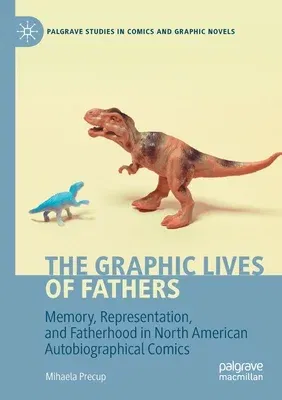Mihaela Precup
(Author)The Graphic Lives of Fathers: Memory, Representation, and Fatherhood in North American Autobiographical Comics (2020)Paperback - 2020, 22 February 2021

Qty
1
Turbo
Ships in 2 - 3 days
In Stock
Free Delivery
Cash on Delivery
15 Days
Free Returns
Secure Checkout

Part of Series
Palgrave Studies in Comics and Graphic Novels
Print Length
244 pages
Language
English
Publisher
Palgrave MacMillan
Date Published
22 Feb 2021
ISBN-10
3030362205
ISBN-13
9783030362201
Description
Product Details
Author:
Book Edition:
2020
Book Format:
Paperback
Country of Origin:
NL
Date Published:
22 February 2021
Dimensions:
21.01 x
14.81 x
1.4 cm
Genre:
Modern
ISBN-10:
3030362205
ISBN-13:
9783030362201
Language:
English
Location:
Cham
Pages:
244
Publisher:
Weight:
317.51 gm